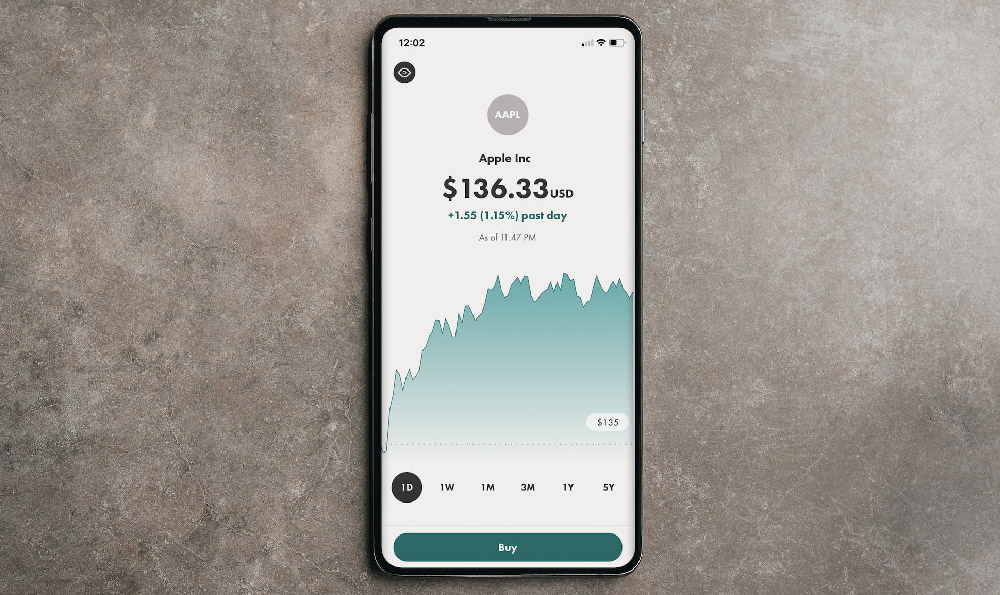How does Partiful operate, and what are its revenue streams?

Partiful, in essence, operates as a social event planning and discovery platform, leveraging network effects to streamline event organization and boost attendance. Its core functionality centers around facilitating effortless event creation, promotion, and management for a wide range of social gatherings, from casual get-togethers to larger, more structured parties. Understanding its operational mechanics requires dissecting the user experience from both the organizer and attendee perspectives.
For event organizers, Partiful provides a remarkably intuitive interface. The process begins with the creation of an event page, where details such as date, time, location (often integrated with map services for precise navigation), and a compelling description are entered. Crucially, organizers can customize the event’s privacy settings, choosing between public visibility, allowing anyone to discover and RSVP, or restricting access to a specific list of invitees. This granular control is vital for managing event scale and ensuring the desired atmosphere.
Further enhancing the organizational workflow is the built-in RSVP system. Attendees can readily confirm their attendance, providing the organizer with a clear headcount for planning purposes. Partiful goes beyond simple attendance tracking by offering features like waitlists, allowing individuals to join even if the event is initially full. Furthermore, organizers can communicate directly with attendees through announcements and updates, keeping everyone informed of any changes or additional details. A key feature is the collaborative playlist integration, allowing attendees to collectively curate the event's soundtrack. This collaborative aspect fosters a sense of community and shared ownership of the event experience.

From the attendee's perspective, Partiful acts as a centralized hub for discovering and joining social events. Users can browse events based on location, interests (often inferred from their social connections), or recommendations from friends. The platform leverages its network effect, meaning that the more users and events there are on the platform, the more valuable it becomes to each individual. When an attendee discovers an event of interest, they can easily RSVP, view the guest list (if the organizer allows), and interact with other attendees through the event page's chat function. This pre-event interaction helps build anticipation and facilitates connections among attendees before they even arrive at the event.
The platform's emphasis on visual appeal further contributes to its user experience. Event pages are designed to be visually engaging, allowing organizers to upload captivating photos and videos that showcase the event's atmosphere and attract potential attendees. The overall design is clean, modern, and intuitive, making it easy for users of all technical abilities to navigate the platform.
However, understanding how Partiful operates is incomplete without addressing its core challenge: revenue generation. Unlike many other social platforms that rely heavily on advertising or data monetization, Partiful has, so far, resisted those avenues, prioritizing a user-friendly, ad-free experience. This commitment to user privacy and a clean interface is a deliberate strategic choice, aimed at building a loyal and engaged user base. This creates a challenge: how does Partiful generate revenue while maintaining its core principles?
The answer lies in a subtle, but potentially lucrative, multi-pronged approach, still largely untapped but presenting considerable future possibilities. These revenue streams are in their infancy, but illustrate the company's direction.
- Premium Event Features: Partiful could offer a range of premium features for event organizers on a subscription or per-event basis. This could include enhanced analytics to provide deeper insights into attendee demographics and engagement, priority support, custom branding options for event pages, advanced RSVP management tools, or the ability to host larger events with more attendees. These features cater to organizers who are willing to pay for more sophisticated tools to manage their events effectively.
- Partnerships with Venues and Local Businesses: Partiful could forge partnerships with local venues, restaurants, and other businesses that cater to social events. These partnerships could involve offering featured listings or promotional opportunities to businesses on the Partiful platform, allowing them to reach a targeted audience of event organizers and attendees. This would provide a valuable marketing channel for businesses and generate revenue for Partiful through advertising or commission-based arrangements.
- Ticketing Integrations (with a Fee): While Partiful currently focuses on free events, it could integrate with ticketing platforms for events that require paid admission. Partiful could charge a small transaction fee for each ticket sold through its platform, providing a convenient and streamlined ticketing solution for event organizers and attendees. This approach would be particularly appealing for events with a higher production value or a limited capacity.
- Data Anonymization and Aggregation: While avoiding the sale of individual user data, Partiful could potentially anonymize and aggregate data about event trends and attendee preferences. This aggregated data could be valuable to market research firms, event planning companies, or other businesses that are interested in understanding social trends and consumer behavior. This revenue stream would require careful consideration of privacy concerns and ethical guidelines.
- Community-Driven Funding (Patron Model): Given Partiful's emphasis on community and its commitment to an ad-free experience, it could explore a Patreon-style model where users can voluntarily support the platform financially. This approach would rely on the goodwill and loyalty of its user base, offering exclusive benefits or perks to paying subscribers.
In conclusion, Partiful operates by simplifying event planning and discovery through a user-friendly platform, fostering social connections. Its revenue streams, while currently nascent, hold significant potential through premium features, partnerships, ticketing integrations, anonymized data aggregation, and community funding. The company’s success hinges on balancing its commitment to a clean user experience with the need to generate sustainable revenue, requiring a careful and strategic approach to monetization. The key is to add value to event organizers and attendees in ways that they are willing to pay for, without compromising the platform's core values.















